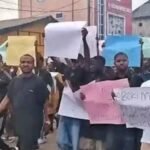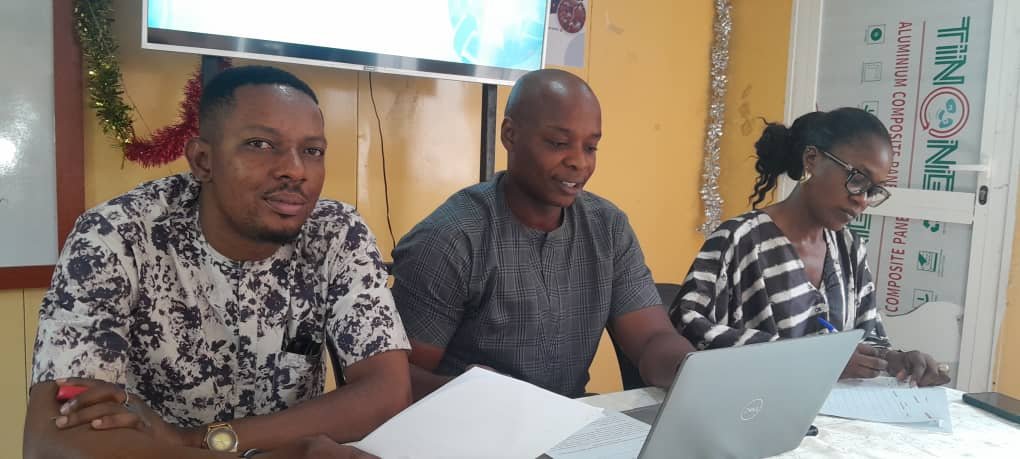By Flowerbudnews
Enugu: The South Saharan Social Development Organization (SSDO) and ActionAid Nigeria have identified potential gap in resource allocation for critical climate change issues such as renewable energy, reforestation, and community awareness in Enugu State.
The two Non-Governmental Organisations (NGO) made this known in a press conference held in Enugu on Thursday titled: “Climate Change Mitigation Scorecard for 2022 in Enugu State”.
The SSDO’s Programme Manager for Strategic Partnership Agreement (SPA) II, Mr Udochukwu Egwim, told newsmen that the budget performance and implementation indicated a concentrated effort and tangible progress in waste management initiatives to about between 40 and 70 per cent.

Egwim noted that the state government under the period under review primarily supported the Garbage in Wealth Out Programme and the Beat the Plastic Pollution Pilot Scheme.
According to him, slower progress was observed in initiatives related to renewable energy and reforestation, emphasizing the need for increased attention and resource allocation in these areas.
He said: “Challenges in implementing climate-related projects include bureaucratic hurdles, resource constraints, and a lack of public awareness, necessitating strategic interventions.

“A gap in comprehensive climate change awareness among the population, policymakers, and key stakeholders was identified as well as a need for stakeholder engagement/advocacy is crucial for effective climate action, necessitating sustained collaboration and dialogue.
“A call for dynamic planning and strategic reallocation of resources to ensure a balanced and impactful approach across various climate-related sectors and continuous assessment to address evolving climate challenges and ensure sustained progress was highlighted.”
Egwim, however, said that there were recommendations that the state government needed to follow, which one is the diversify funds allocation to address multiple climate-related sectors for a balanced and impactful approach.
He noted that was a need to prioritize resolutions from the just-concluded 2023 United Nations Climate Change Conference (COP 28) held in Dubai, which included: Tripling renewable energy capacity globally and doubling the global average annual rate of energy efficiency improvements by 2030.

The programme manager said that COP 28 also emphasized on accelerating efforts globally towards net zero emissions energy systems, utilizing zero and low carbon fuels; initiatives related to renewable energy, reforestation, and community awareness.
“Sustain stakeholder engagement and collaboration for a collective and inclusive approach to climate action as well as identify and address challenges in project implementation, including bureaucratic hurdles and resource constraints.
“Implement targeted awareness programs to bridge the knowledge gap on climate change impacts as well as consider a strategic reallocation of resources based on evolving climate priorities and challenges.
“Establish a system for continuous monitoring and evaluation to respond to emerging climate challenges and opportunities,” he said.
Egwim also called on the state government to check carbon-monoxide emission by investing in renewable energy such as using solar panels to trap the sun energy, which is in abundance in the state.
“The state can have a policy of replacing fuel generators with solar panel in all government offices; use solar/battery driven long vehicles to check emission, cut down on number of cars on roads/streets presently causing serious traffic hold-ups within Enugu”.
Corroborating, Mr Wilfred Okeke, an expert in Climate Change issues, noted that negative climate change issues not addressed or mitigated remained the major cause of poverty in the country.
“Governments at all levels, organizations and enlightened individuals must take up the advocacy on climate change sensitisation and mitigation efforts, to our people in localities,” he said.
It would be recalled that the NGOs current have four focal council areas, which their climate change message, action and discipleship had touched for some years in Enugu State: this council areas included: Aninri, Enugu South, Igbo-Eze North and Isi-Uzo. (Flowerbudnews)










